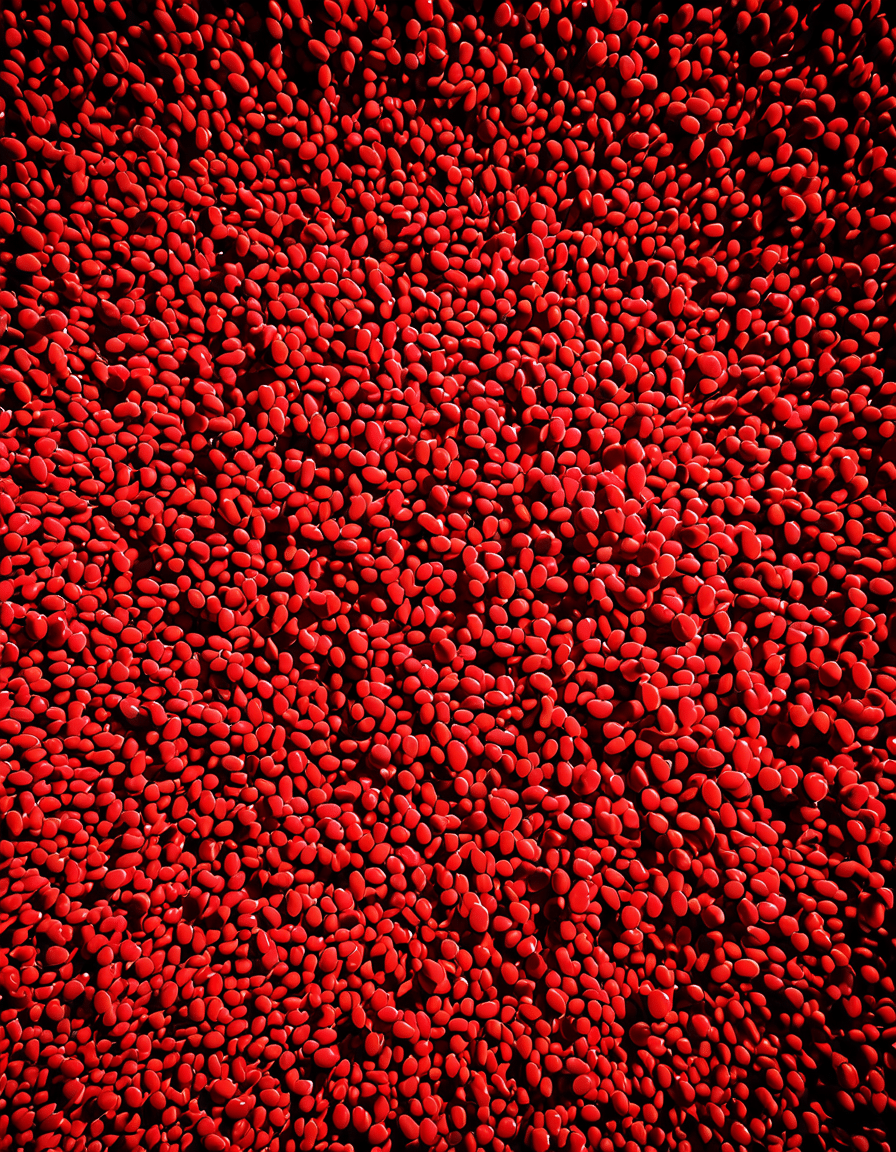Understanding hemoglobin high levels is essential for prioritizing your health. This protein plays a pivotal role in delivering oxygen throughout your bloodstream. But wait—what if those hemoglobin levels are elevated? While high levels can indicate peak fitness, they can also be a warning signal of underlying health issues. It’s a classic case of “all that glitters isn’t gold.” Let’s dive into the implications of high hemoglobin levels and what they mean for your overall well-being.

Top 5 Health Concerns Related to Hemoglobin High Levels
1. Polycythemia Vera (PV)
Polycythemia Vera (PV) may sound like a rare term to most, but it’s critical to recognize. This blood disorder keeps your bone marrow producing an excess of red blood cells, leading to elevated hemoglobin. Your body works overtime, resulting in symptoms like headaches, dizziness, and even a ruddy complexion. Regular phlebotomy and medications such as hydroxyurea are essential to combat PV. You wouldn’t ignore that something’s off with your pump, right?
2. Chronic Lung Disease
Conditions like Chronic Obstructive Pulmonary Disease (COPD) can lower oxygen levels, which makes your body crank out more hemoglobin in a desperate attempt to compensate. While this might seem beneficial, it reflects poorly on lung function. You don’t want your body playing catch-up; that’s a slippery slope leading to further complications. So, if you’re dealing with respiratory issues, keep tabs on those hemoglobin levels.
3. Dehydration
Hold up! Dehydration can sometimes lead to high hemoglobin readings. Your blood gets thickened as the concentration of red blood cells rises when you’re not properly hydrated. This is typically a temporary state, but don’t let it slide if it sticks around. Remember, a well-hydrated body equals a well-oiled machine. Drink that H2O!
4. Heart Disease and High Troponin Levels
Elevated hemoglobin can be a red flag associated with specific cardiovascular conditions, especially when linked to high troponin levels. Your heart might be under strain, leading to raised troponin levels, which is a serious issue. Differentiating between a typical high hemoglobin reading and one linked to heart risk is crucial. Always consult your healthcare provider for an accurate assessment. Ignoring early signs could send you into a nosedive!
5. Living at High Altitudes
Have you ever thought about those high-altitude athletes? Well, here’s the scoop: people living at places like La Paz in Bolivia naturally have higher hemoglobin levels as their body adapts to lower oxygen levels. This isn’t just a biological quirk; it can actually improve your athletic performance. So, if you’re climbing mountains, high hemoglobin could help you rock that six-pack while you’re at it!

The Role of Magnesium Glycinate Sleep in Hemoglobin Regulation
Shifting gears, let’s talk about something most people overlook: magnesium. Emerging research indicates a fascinating link between magnesium glycinate—especially when taken for better sleep—and hemoglobin regulation. Low magnesium can lead to fatigue, muscle cramps, and even poor sleep quality. A supplement like magnesium glycinate can improve your nighttime recovery, which may indirectly support healthier hemoglobin levels.
How does this work? Magnesium supports the enzymatic processes that are critical for hemoglobin synthesis. Better sleep, cleaner muscle recovery, and boosted energy mean your overall health benefits. So, why not throw in a magnesium supplement if you’re serious about getting shredded? You’ve gotta take care of your body so it can take care of you!
How Physical Fitness Affects Hemoglobin High Levels
Let’s level up! Physical fitness plays a significant role in determining your hemoglobin levels. Regular cardiovascular exercise optimizes oxygen transport and utilization, possibly resulting in high, but healthy, hemoglobin levels. The pressing question is: is your elevated level due to fitness?
Take elite athletes, for example. Studies have shown that they often have higher hemoglobin due to their rigorous training regimens. A 2022 study published in the Journal of Applied Physiology confirmed that endurance training could induce a natural increase in red blood cell mass and hemoglobin levels without the nasty side effects seen in pathological cases. So, hustle hard and let that hemoglobin work for you, not against you.
Innovative Perspectives on Managing Hemoglobin Levels
Staying informed about your hemoglobin levels goes beyond just lab tests. It’s about empowering yourself to take action. This means regular blood tests, monitoring your lifestyle habits (like diet and exercise), and considering supplements like magnesium glycinate. This proactive approach can help you maintain optimal health levels.
Navigating the Balance with Hemoglobin High
To sum it all up: an elevated hemoglobin count isn’t inherently a bad thing. Its impact varies based on context. By recognizing what drives those levels—be it from lifestyle changes, adaptive mechanisms, or health risks—you’re equipped to make smart choices.
Embrace the delicate balance between high hemoglobin levels and overall health. Dive into proactive measures like proper hydration, magnesium intake, and structured exercise. Remember, only by understanding the ins and outs of your body can you achieve that shredded look, gain tons of muscle, and sculpt that ripped six-pack.
So, are you ready to get shredded and stay on top of your game? It’s time to gear up and make every workout count!
Hemoglobin High: Is It a Sign of Health or Danger?
What Do High Levels Mean?
Did you know that hemoglobin isn’t just about your blood’s oxygen-carrying superpower? When you see a hemoglobin high reading, it’s time to roll up your sleeves and pay attention. Elevated hemoglobin can indeed indicate health issues, like dehydration or a response to living at high altitudes. Fun fact: just like the need for normal Troponin Levels to ensure heart health, maintaining balanced hemoglobin is crucial for overall well-being. So, next time you’re checking your vitals, consider how your body’s response can be as varied as the Let It Grow Lyrics from that catchy animated film!
Health Implications
Now, here’s a twist: high hemoglobin levels can also be a sign of certain conditions, including lung disease or even heart problems. It’s a tricky balance where high levels can signal an issue just as easily as they can reflect an adaptation to better oxygen absorption. Think of it like a cool anime character—sometimes they’re the hero, and other times, they’re causing chaos. And speaking of heroes, did you know that the host Of Jeopardy shares a similar commitment to delivering accurate knowledge? Just like he brings facts to our TV screens, understanding your hemoglobin levels is key to taking charge of your health!
Trivia Tidbits
Bringing in some lighthearted trivia—did you know that athletes sometimes aim for a hemoglobin high? This is often to boost their endurance and stamina for peak performance. However, it’s essential to strike a balance, much like finding a sweet spot in the 1v1 Lol Unblocked games. On another note, ever wondered How long Does it take for your body to adapt to high levels of hemoglobin? It’s a fascinating journey that reveals how adaptable our bodies can be, just as athletes seek to improve their game. If you’re curious about making lifestyle changes that promote healthy hemoglobin levels, check out options like the Ozempic savings card or find out how to get Ozempic online for better management. Understanding and managing hemoglobin high is a journey worth embarking on!



























